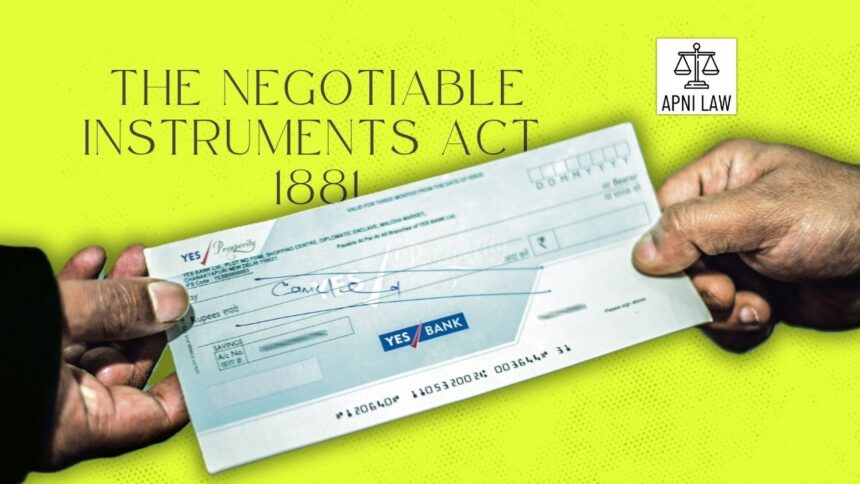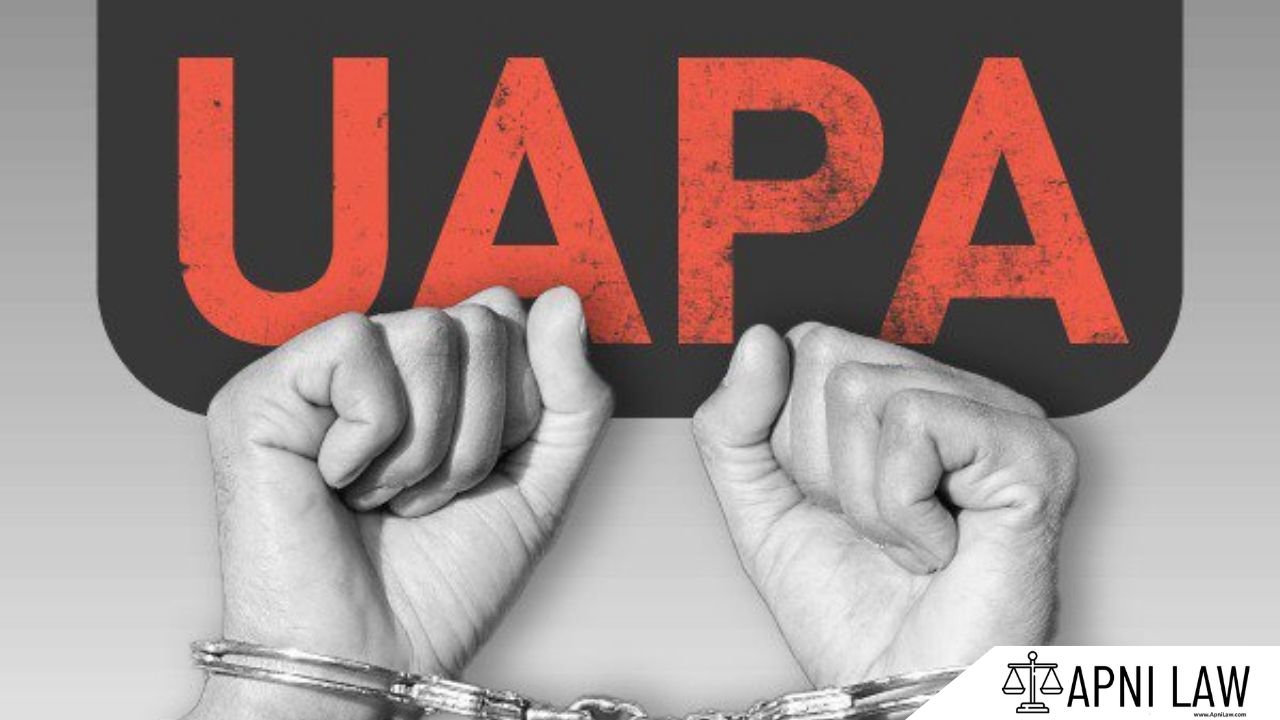Introduction
Cheque bounce, also known as dishonour of cheque, is a common financial offence in India. It occurs when a cheque issued by a person is returned unpaid by the bank due to insufficient funds, account closure, or mismatched signatures. This act is not just a breach of financial trust but also a punishable offence under Section 138 of the Negotiable Instruments Act, 1881.
When a cheque is dishonoured, the payee has the legal right to initiate proceedings against the drawer. The law mandates specific steps before filing a case, such as issuing a legal notice within 30 days and providing 15 days for repayment. If the drawer fails to make the payment, the payee can file a criminal complaint in court.
The succeeding case is a summary trial where the drawer may face imprisonment up to two years, a fine up to twice the cheque amount, or both. The courts have consistently upheld the seriousness of cheque bounce cases, ensuring accountability and financial discipline.
What Is Cognizance of Offences Under Section 138 of the Negotiable Instruments Act
Cognizance refers to a court’s authority to take legal notice of an offence. Under the Negotiable Instruments Act, 1881, special provisions exist for cheque dishonour cases under Section 138. Section 142 outlines the conditions under which a court may take cognizance of such offences. These rules override the general provisions of the Criminal Procedure Code, 1973.
Should A Complaint Be Filed by Payee or Holder
A court can take cognizance of a cheque bounce case only if a written complaint is filed. This complaint must come from the payee or the holder in due course of the cheque. No other person has the authority to file a complaint for this specific offence.
What Is The Time Limit to File the Complaint
The complaint must be filed within one month from the date the cause of action arises. This date is based on Section 138. This typically occurs after the drawer fails to make the payment within 15 days of receiving a legal notice. However, courts can accept delayed complaints if the complainant shows sufficient cause for not filing on time.
Only Certain Magistrates Can Try the Case
Only a Metropolitan Magistrate or a Judicial Magistrate of the First Class has the jurisdiction. They can try cheque dishonour cases under Section 138. Lower courts cannot handle such cases.
Territorial Jurisdiction of Courts
The law clearly defines which court has territorial jurisdiction to try the offence:
If the cheque was deposited for collection through a bank account, the court at the place where the payee’s bank branch is located will have jurisdiction.
If the cheque was presented directly at the drawer’s bank, the court at the location of the drawer’s bank branch will have jurisdiction.
What Is Bank Branch Delivery
If the cheque is deposited at any branch of the payee’s bank for collection, it will be deemed to have been delivered at the branch where the payee holds the account. This helps avoid confusion in multi-branch banking systems.
Conclusion
Section 142 of the Negotiable Instruments Act sets clear rules for courts to take cognizance of cheque bounce offences under Section 138. It ensures timely filing of complaints, specifies who can file, defines which courts can hear the case, and clarifies territorial jurisdiction. These provisions aim to streamline cheque dishonour cases and improve judicial efficiency.








